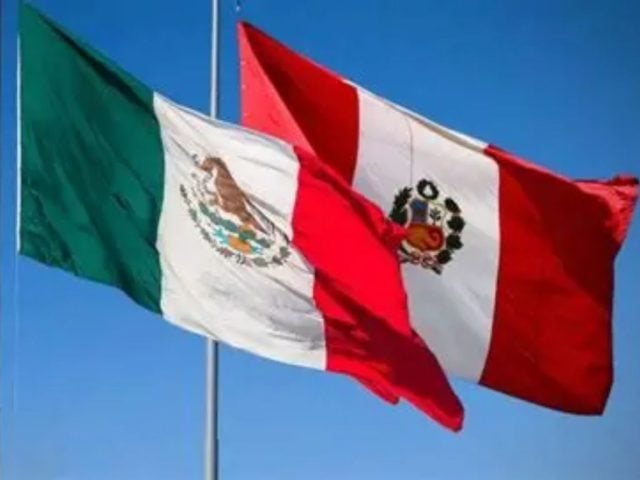Original article: “El asilo no es un acto inamistoso”: México invoca estándar ONU tras ruptura diplomática de Perú
The Government of Mexico expressed regret and rejected the «unilateral decision» by Peru to sever diplomatic relations following the asylum granted to former Prime Minister Betssy Chávez Chino.
In a statement, the Mexican Secretariat of Foreign Relations (SRE) stated that the Peruvian measure is «excessive and disproportionate» in response to a legitimate act in accordance with international law.
The Mexican government noted that it granted diplomatic asylum to former Prime Minister Chávez—who served during the administration of ousted President Pedro Castillo—»in full adherence to international law, specifically the 1954 Caracas Convention on Diplomatic Asylum, to which both Mexico and Peru are parties.»
Additionally, it emphasized that Chávez Chino has reported ongoing violations of her human rights as part of a political persecution by the Peruvian state since her arrest in 2023.
It was reiterated that under the Caracas Convention, «the only entity qualified to assess the nature of persecution against asylum seekers is the granting state, which in this case is Mexico.»
«Granting Asylum Cannot Be Considered an Unfriendly Act»
The Mexican Foreign Ministry highlighted that the decision to protect Chávez Chino was made under Article 11 of the Mexican Constitution, «after a thorough evaluation and in strict observance of the procedures established in the Law on Refugees, Complementary Protection, and Political Asylum, as well as in alignment with constitutional principles of foreign policy, Mexican humanism, and the country’s vocation regarding asylum and refuge.»
«Mexico reaffirms, as recognized by the United Nations General Assembly, that granting asylum cannot be considered an act of unfriendly intent by any other state,» it stated.
The ministry emphasized its commitment to prioritizing dialogue and amicable resolution of disputes, reiterating the historical ties of friendship between the peoples of Mexico and Peru.
In this context, the Mexican administration emphasized that the country will remain true to its humanistic tradition of defending human rights and providing protection to individuals persecuted for political reasons.
Tensions Between Peru and Mexico
The Mexican Foreign Ministry issued the statement after interim Peruvian President José Jerí announced a «deadline» for the head of the Mexican Embassy in Lima to leave the country, following the severing of diplomatic relations due to the asylum granted to former Prime Minister Betssy Chávez at the embassy.
Ornelas took charge of the Mexican legation in Peru after the then-ambassador Pablo Monroy was expelled from the Andean nation in December 2022, following former President Andrés Manuel López Obrador’s characterization of Dina Boluarte, who assumed the presidency after Pedro Castillo’s ousting, as a «usurper.»
Castillo attempted to dissolve the Peruvian Congress amid the political instability and sought asylum in Mexico but was apprehended while heading to the Mexican diplomatic mission in Lima.
López Obrador then characterized Castillo as a victim of a «soft coup» due to his ouster by Congress and subsequent arrest.
Following this stance, the regime of the self-proclaimed president Dina Boluarte—who has recently been ousted—expelled Monroy, declaring him a persona non grata.
According to La Jornada, current Mexican President Sheinbaum Pardo has maintained her predecessor’s position, providing support to the former Peruvian president, his family, and former collaborators.
Jerí’s decision complicates the ongoing diplomatic tensions between Mexico and Peru, who are commercial partners within the Pacific Alliance, which also includes Chile and Colombia.

